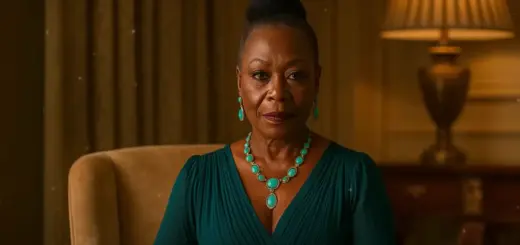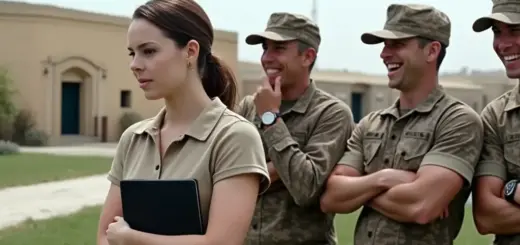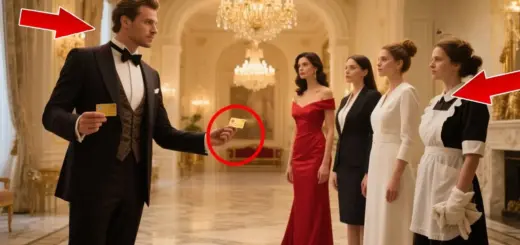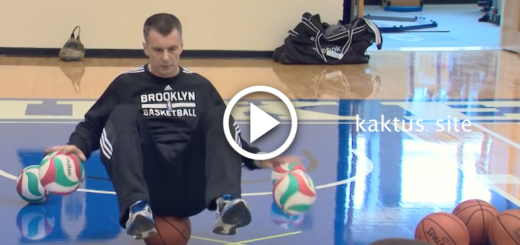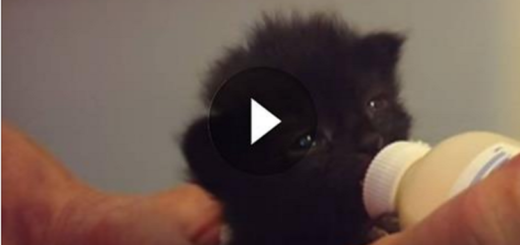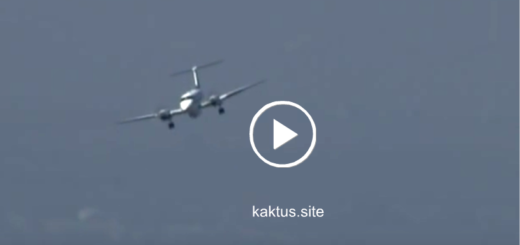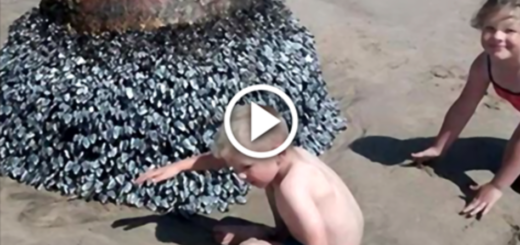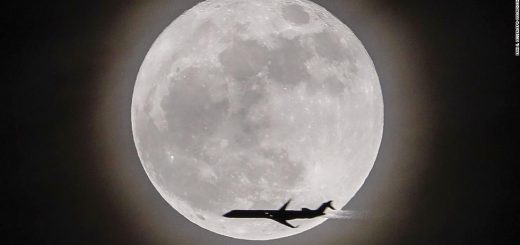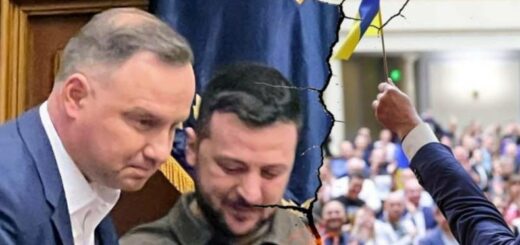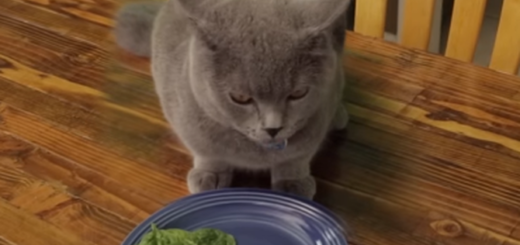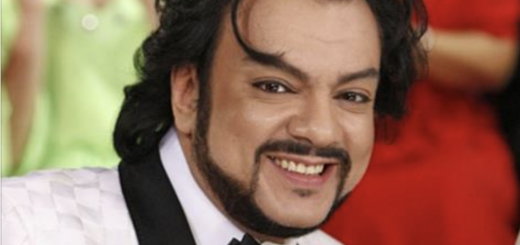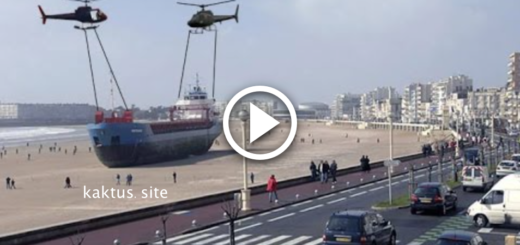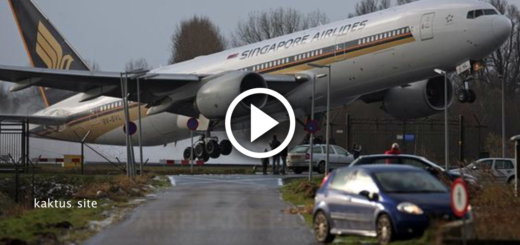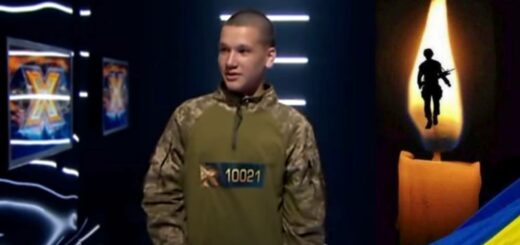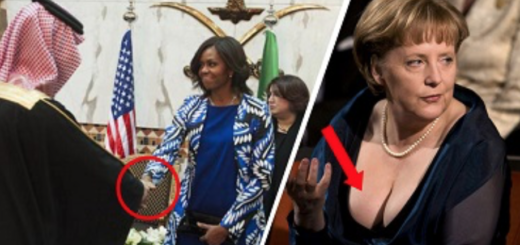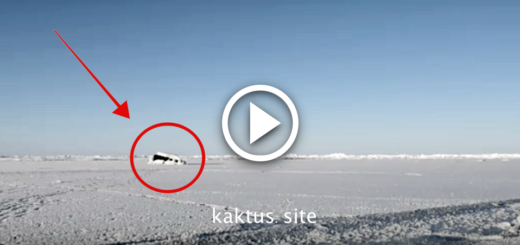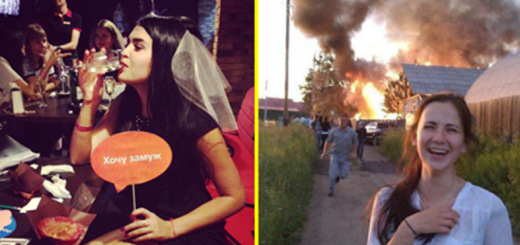A third bird risked it, heavy and stubborn with weight. Delaney watched its climb like a guardian dog. A SAM seeker tone chirped—the last threat, the last card. She was already moving, already low, already behind the ridge when the missile searched for heat and found only rock. She popped up, found the launcher team trying to displace, and ended that chapter with a short, merciless tap.
«Trident Actual,» she said, voice level, «your last sticks?»
«On Chalk Three and Four. We’re almost out.»
Almost was still not out. An enemy element tried to sprint the lip in desperation, feet kicking shale, rifles high. Delaney wrote a bright, short line between them and the LZ. The sprint stopped.
«Chalk Four lifting,» the air mission commander said. «All aboard. We’re off.»
The very last men, rear security, came out on a small tailgate bird that shouldn’t have risked it. Delaney held her fire until they were swallowed by the brown cloud, then raked the ridge again, not to kill so much as to tell every watcher, «Not today. Not while I’m here.»
And then the valley was only wind and dust, and the sound in her headset was her own breathing. Trident Actual came back on, clipped and formal, because some things demand ceremony. «Thunderbolt 7, be advised: 381 souls accounted for. Zero friendly KIA during exfil. We owe you our lives.»
«Copy,» she said. Nothing more. She kept flying lazy S-turns high and wide until the last rotor was a dot and the corridor had closed itself behind them like a healed wound.
On the way home, she took stock. Fuel fine, one Maverick left, gun drum light, flares low, hands steady, mind clear. She flipped the command net back on. «Kandahar, this is Thunderbolt 7, RTB.»
Silence, then Sanderson, controlled and unreadable. «Thunderbolt 7, you are cleared direct.»
The runway stretched ahead like a question. Touchdown was smooth, the taxi slow, shutdown by the book. She pulled the canopy release and let the base’s heat and the crowd’s noise climb in. They were on their feet on the line—maintainers, ammo troops, medics, clerks, pilots, cops, the chow hall crew. It wasn’t a pep rally but something older than that: respect in its raw form.
Delaney climbed down. Sanderson waited with the Inspector General and half the senior staff. She stood at attention, ready for whatever came with it.
«You departed without authorization,» Sanderson said, his voice carrying. «You violated orders. You engaged at ranges that exceed every comfort zone we’ve written.»
«Yes, sir.»
«You also brought home 381 Americans without a single friendly killed during the movement.» A long breath. «Captain Thomas, you will answer for your decisions. But today, the only thing you’ll answer is a question. Can you teach us exactly how you did that?»
«Yes, sir.»
«Good. We’re going to write it down so the next pilot doesn’t have to learn it at three in the morning in a locked simulator.»
The formalities came anyway: statements, timelines, and questions designed to test whether she had gambled or calculated. Delaney answered with math, map memory, and method—technique over theatrics. She didn’t justify; she explained.
The Inspector General listened hard. «You broke procedure,» Hayes said at last. «But your procedure was better for the problem you faced. We will not make a habit of rewarding insubordination. We will make a habit of fixing doctrine.»
There was no medal talk. Not yet. Just work. Six months later, the patch on her shoulder said what she’d built: Close Air Support Development. She taught from first principles.
«Read the ground like a book. Every fold is a word, every ridge a sentence, every valley a paragraph. If you can’t recite it from twelve angles, you don’t know it.»
She taught gun discipline. «Taps, not streams. Let dust be your smoke, not your blindfold. Kill the right nodes; the shooter that anchors a crossfire is worth ten in the open. Talk to the ground, not your ego. Say only what moves a team ten meters closer to living.»
She demoed with clean tapes and ugly ones. She showed misses as well as hits and was unsentimental about both. Pilots who used to smirk took notes. Pilots who used to lecture asked questions. The Marines sent their JTACs, the Army sent their aviation reps, and Special Operations sent the men who had been there to sit in the front row and annotate the beats.
An awards formation came and went. Quiet citations, a ribbon or two, nothing gaudy. The write-ups were careful where they needed to be and exact where they should. The consequence on paper was a reprimand for the unauthorized launch. The consequence in practice was responsibility. Real responsibility.
Sanderson found her by the sim bay after. «I was wrong about you,» he said without hedging. «I saw risk where there was preparation. That’s on me.»
Delaney didn’t gloat. «I was out of my lane,» she said. «That’s on me.»
«Then let’s redraw the lanes where they should have been.» It was the closest thing either of them would call peace.
Commands that once ignored her started sending problems, not compliments. A border valley with wind that lied—she wrote a page on crosswind gunnery nobody had asked for before. A city block with friendlies upstairs and hostiles downstairs—she published a checklist that reduced fratricide risk with three radio lines and two angles of approach. A night exfil where strobes failed—she trained a technique to read the pattern of life through thermal clutter and deconflict with timing instead of lights.

